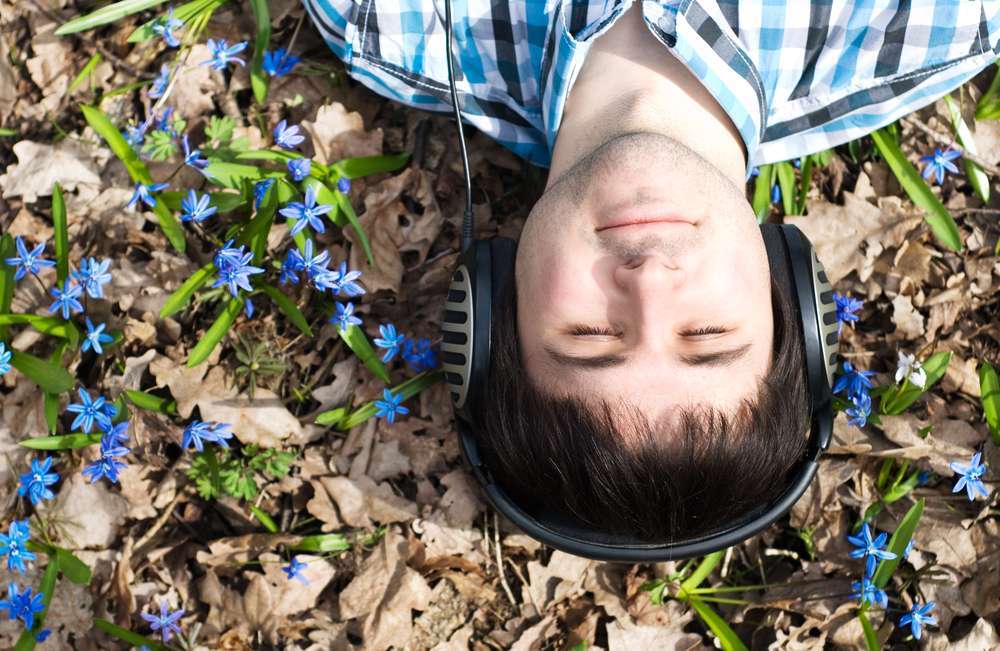Music therapy has proven benefits for the clinical process of healing. The creative therapy can serve as a tool for recovery which transcends treatment walls. Music can be a trigger for drinking, drug use, and states of poor mental health for many people. Instead of avoiding music, music therapy helps patients create a new relationship with it.
Improves Cognitive Function
Drug and alcohol misuse damage the prefrontal cortex area of the brain where cognitive function takes place. Cognition is the collection of actions and behaviors which make a person who they are. Making judgments, creating knowledge, choosing, moving, perceiving, and knowing, can all play a part in cognitive function. It’s important for being able to fully recover. Without improved cognitive function it is difficult for patients to make the most out of their time in treatment. Music therapy repairs cognitive function by positively engaging patients in a creative process which stimulates their mind in healthy ways. Studies have shown that music therapy can increase retention, which means that participating in music therapy helps patients gain more information from treatment.
Build Close Relationships
It would be difficult to spend four to six weeks with any number of people under any number of circumstances. Treatment for drug and alcohol addiction in addition to other disorders is a very particular set of circumstances. Maintaining healthy relationships and peer support is essential for a positive treatment experience. Peers in treatment are there in group activities, group therapy, and more. Among peers in treatment, one’s deepest emotional experiences will be shared. In music therapy coming together to create music, share the experience of music, and be healed by music is bonding. Music therapy builds trust among patients and increases group cohesiveness, separating drama and focusing on healing.
Forms of Music Therapy
Music therapy can be conducted in many different ways, including:
-
Songwriting
-
Learning to play a new instrument
-
Drumming therapy
-
Listening to music recommended by a music therapist
-
Analyzing music
-
Building instruments and making music
How Music Therapy Functions Clinically
During music therapy, clinical therapists are on hand to help patients process any trauma or difficult emotions which might come up during the music therapy session. The music therapists are not often clinical psychologists. They are able to observe what comes up for patients, including difficulty or breakthrough, then relate that information to the clinicians.
Music therapy is part of the innovative approach to addiction treatment at Castle Craig. Our residential treatment programmes are designed to bring patients to optimum health in mind, body, and spirit. Renewing their sense of purpose in spiritual growth, our patients develop new meaning in their lives of abstinence. For information, call our 24 hour free confidential phone-line: 01721 546 263. From outside the UK please call: +44 808 271 7500.



